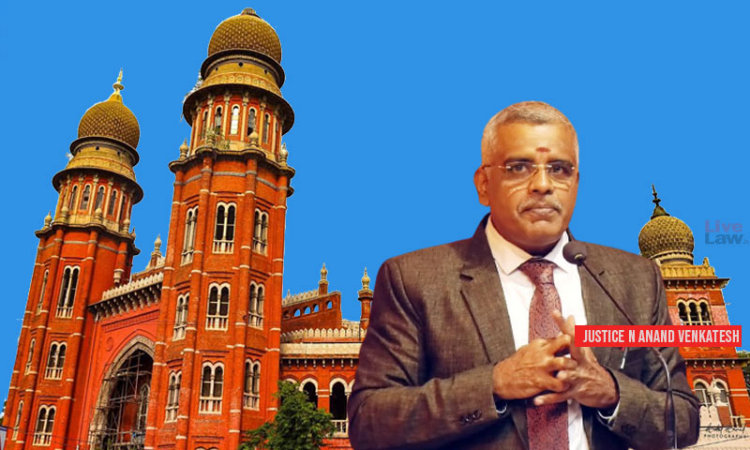Hyper Nationalism Goes Against Prosperity Of Our Nation From All Its Past Glory: Madras High Court
Akshita Saxena
22 March 2021 1:03 PM IST

'A patriot is not one who only raises the Flag, symbolises his national pride and wear it on his sleeve, but also, a person who bats for good governance'
Next Story


